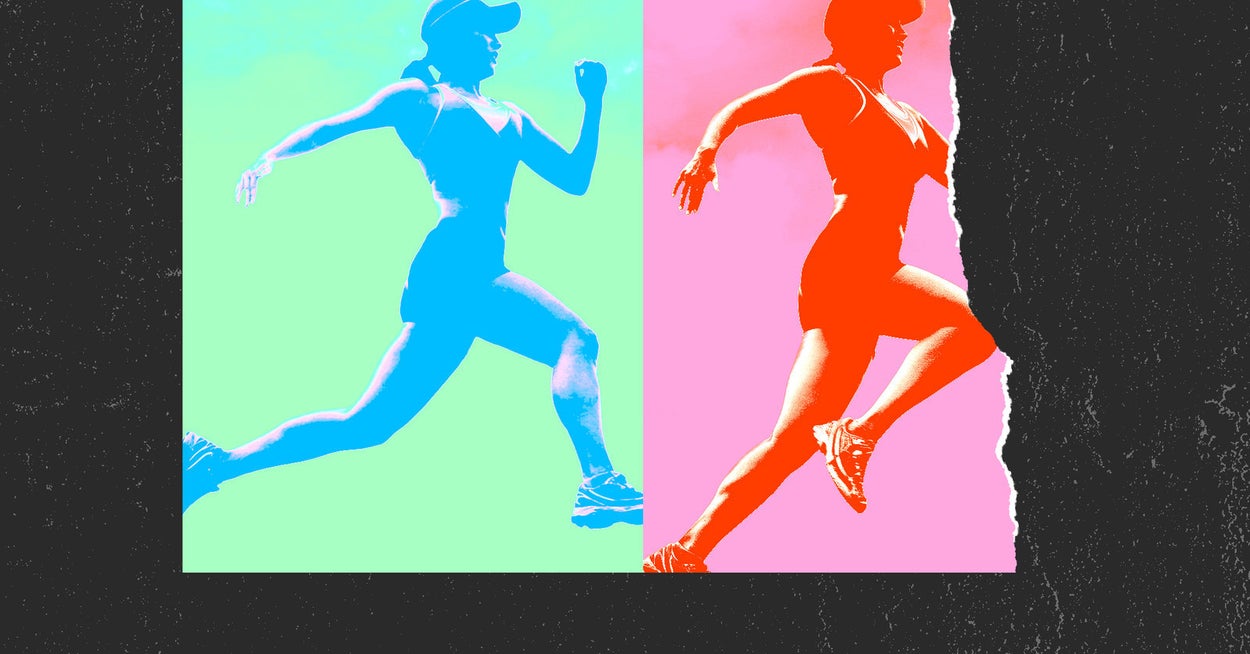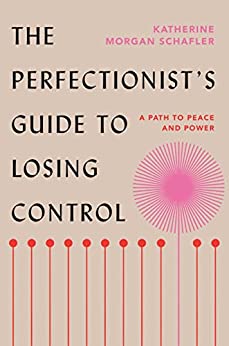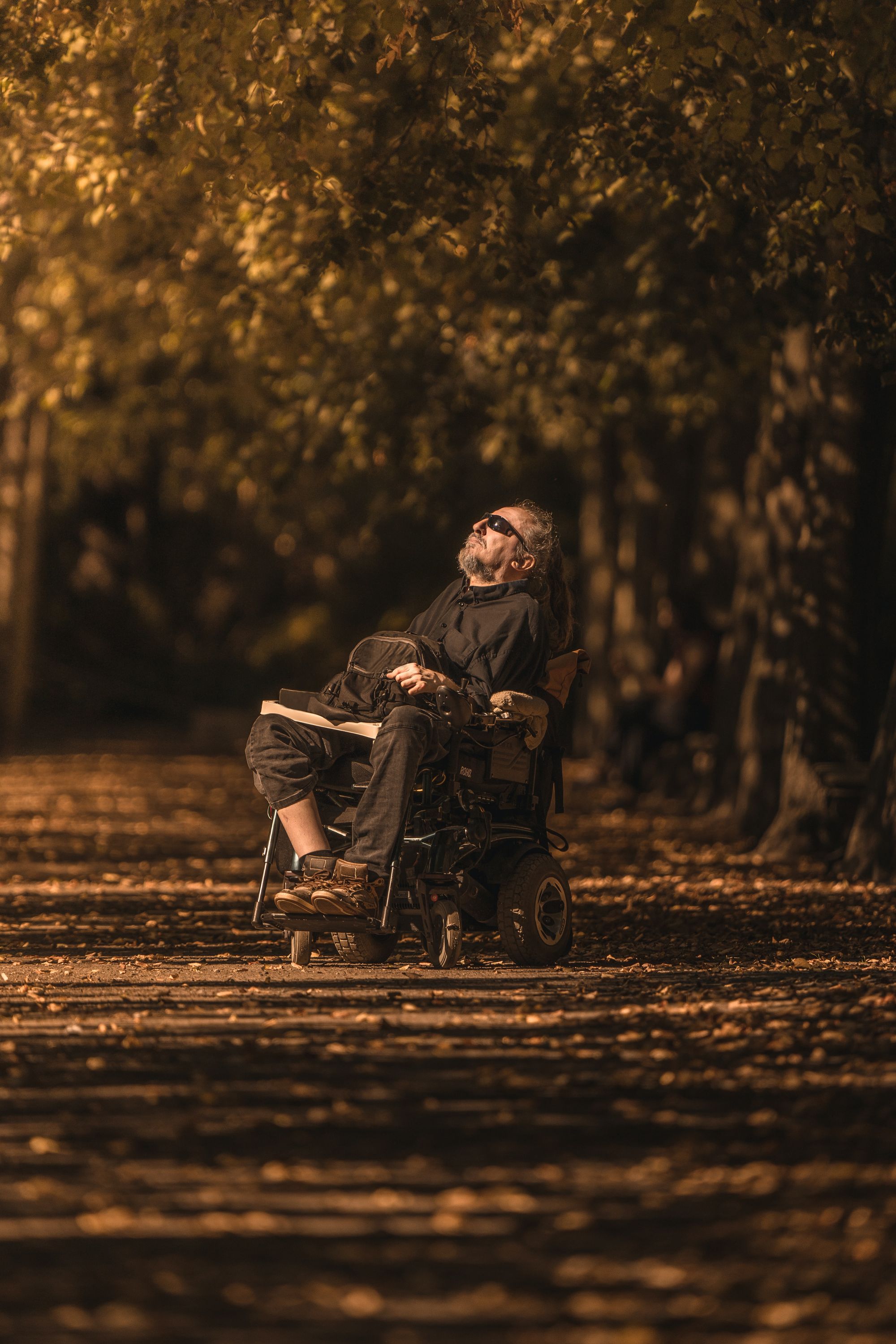
A good friend of my parents who became a friend of mine once wrote me, in Latin, that "si res valet facere, valet facere superfluum." She was wrong.
Dallas Johnson Read was a force of Nature. She died just after reaching one hundred, determined and slightly addled at the end. During her long and storied life she changed a lot of people. I was one of them.
I used to spend time at her lovely house in Chevy Chase, Maryland, a very expensive suburb that got expensive long after she'd moved there with her family. She fought and won many important battles, the most striking to me of which this one stands out: during the Thirties she took on the doctors who worked as shills for the tobacco industry, telling people it was safe to smoke. She won that one, too.
So it's fair to say I had a lot of respect for Dallas. However there was one thing on which, in retrospect, she is dead wrong.
Si res valet facere, valet facere superfluum
Translated from the Latin, this means "if it's worth doing, it's worth doing to excess."
While there are many who truly believe this, it's a seriously bad idea. As someone who has lived this way much of my life, and whose body, brain and spirit have all suffered badly as a result, I can speak to what excess does.
While I believe in exercise, lots of it, it has taken me a considerable number of years to accept that too much does damage. Since there is now a goodly body of work proving that indeed, too much exercise does damage, I'ma going to leap on that bandwagon myself.
This is a most sobering story, and one I came dangerously close to living myself:

Sacks writes that after becoming estranged from her mother, and meeting a "badass older woman" (see, we have value after all, right?) she began to do the research. All the boxes ticked: she was running herself to death, in effect.
While Dallas was, in fact, trying hard to be supportive, and she was especially so of my writing efforts, in this regard the badass older woman advice can backfire. Dallas wasn't an athlete; she didn't exercise her body other than to walk at Mach Ten speed. That, of course, as she aged, caused her to have some spectacular falls because she didn't do the physical work to help her with balance and strength.
Sacks' story is all too familiar for Millennials, but it's not limited to a generation. That's when we are infected with what's called maladaptive perfectionism, a term I learned from this book (I really do love it):

the compulsions which drive us, as they did me, can ultimately do irreparable harm. When I was training for Kilimanjaro in 2013, I threw myself into workouts four hours a day.
While I didn't kill myself I sure suffered my share of overuse injuries. At sixty at the time, I assumed that more is better and a LOT more was terrific. It's a hard won, hard-learned lesson to any of us who assumes that the body's abilities are limitless.
I am right now getting all manner of metal repairs into this limited body while considering my options going forward.
While I agree absolutely that mentally and psychically and emotionally we may well be unlimited, if we are to live well into our much later lives, this kind of self-flagellation ain't the way to do it.
People like Saga Supporter Warren Nelson no doubt knows how to rest and recuperate as he trains for his long runs. The older we get, with luck, we also get wiser.
Dallas never slowed down, and I haven't either. What I have done is learn to take more breaks. Rest more. As with this vacay, which is really PT-on-the-beach, I have learned to do a series of "asks" which aren't backed up either by unrealistic expectations or a cat 'o nine tails.
Sacks writes:
And when my wheels came off, I had to sit in the shit for a while before I could move forward. To get better, I had to learn how to unhustle. I canceled races and most of my plans, shelved this year’s goals, and retreated. I felt like my zest for life had completely evaporated. I stayed in most nights and spent a lot of time by myself.
It sounds obvious and easy, but it was like coming off a drug. My body is used to running 12 to 18 hours every week, and it’s how I see and catch up with most of my close friends. Running fuels me physically, socially, and spiritually. Losing that during a time when I was so depressed made the mental heaviness even more difficult.
While I am at times impressed with others' accomplishments, a part of me now knows that for some, and I am included, the cost has been high. For people like Sacks, too high. Some of us never get our bodies back to the level we want. This is huge when we overly-identify with our badassery to the point if and when the body hands us an ultimatum for survival: STOP or DIE.
And when it does, our body pulls the rug out from under us in such a way that we simply cannot do what we did before. The body wins. It wants to survive.
JC Spears, my social media guru and great friend, sent me an article about how depression often follows a serious injury when and if we, as determined athletes, hit a wall. I wrote about that recently but this addresses the overtraining piece which invariably and ultimately must result in some kind of physical breakdown serious enough for us to sit up and pay attention.
At 70 now and recovering from multiple surgeries, those odd days of late rising (for me that's 6:30 am) actually quite lovely. I will wake up at 3:30, as I always do, but my body immediately goes back to sleep. The body wins. I am in a considerable amount of discomfort as I go through the necessary PT, and my body heals itself through sleep and rest.
NOT through more painful PT. For example, today's plan to do two sand hikes got cancelled because my left foot is swollen and painful. Ice, elevation, rest. In this case I am reading another new book, and the soft sound of the waves is the perfect backdrop. Healing, like life, is x steps forward, x steps back.

No accolade no bragging right is worth crippling ourselves in the process. When Andrew Luck walked away from football to save his battered body and his future, the fans figured him for a coward and a failure.
The bigger failure is when we sacrifice our bodies and our lives on an altar of temporary achievement. Some of us won't be around or even able to enjoy what thin satisfaction we get from reviewing our laurels. The fans don't have the pay the price for a crippled body but Luck does. I'm with him.
Let's plan to keep earning laurels well into our very late years. We most assuredly don't have to operate at Mach 10 all the time to earn them, Top Gun or no Top Gun. Even Tom Cruise has to take down time for injury recovery and recuperation.
And so should we. Or else we can't head out to fly again...or hike or run or play with the grandkids.
Dallas was a force of Nature. But even Mother Nature takes time to recuperate and heal after She hurls waves, lava, tornadoes, hurricanes, bomb cyclones and endless snow at us.
Time to listen to our Mother.

Dear Walkabout Saga Reader:
Thank you so much for taking a few minutes out of your life to read my work. WalkaboutSaga is an act of love and devotion, and I hope that you found value in it.
If my work appeals to you, may I kindly invite you to consider joining those Patreon supporters whose generosity keeps the gas in my tank as it were.
Such articles take time, resources, research and effort. Even a small amount of support truly helps me keep this going. In challenging times, I recognize that even a small amount is hard. Those who can give, I appreciate it. Those who cannot, I hope my words are helpful.
My purpose is to Move People's Lives. I can do more of that with your help.
Thank you.

Comments powered by Talkyard.